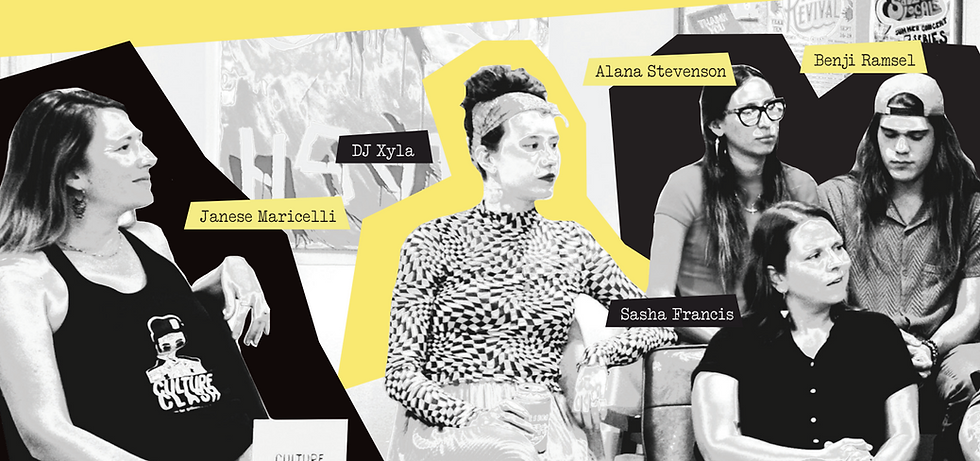The Traveling Musician
- janesemaricelli
- Dec 29, 2018
- 2 min read
Updated: Oct 17, 2022
Santo Nuno de Atocha is the patron saint of illness, particularly those who are crippled, travelers or prisoners. Here’s to the traveling musician. “Music is an illness” some say. Music is love. Santo Nuno, shine light upon the dark road ahead, we need to make it to the next town by tomorrow night. I think it is funny that the Catholics put travelers in the same group as cripples and prisoners; the down but not out. “Mother thinks the road is soft and lovely,” said the Old Quarter’s late great Townes Van Zandt. It’s a romantic stream delivering dreamers and wanderers to paradises of imagination and destiny destinations. Purple Chisos and Sangre de Cristo Mountains; the Continental Divide cordillera on the rapidly approaching horizon at dawn; Brooklyn until morning; Love’s Truckstop yoga and water ritual, salty sunflower seed amphetamine, more coffee please, I’m willin’ and we need to be in the next town by tonight. One of the sad and beautiful parts of the musician’s life is that they can’t play in the same town every night, especially when the town is as small as Galveston. I mean, you can, but attendance will dwindle. So the musician looks for other work or becomes a traveler. His value increases. He becomes a messenger delivering the ancient harmonic melodies and frequency stories passed on to him in the oral and instrumental tradition from his predecessors. He adopts and adapts them. They become his own music and sonic stories. He drinks from the vein. He learned the rite and is invited to share it. He is paid with survival. His toll is the road. Miles and miles and he gets to play the music. Once the road has accepted the musician, he is expected and obligated to play the music nearly every night. The music is his gift to others and as it feeds him and blesses him on every occasion, his instrument and him grow closer and tighter; smoother and better with each hour of working, playing practice. He learns the songs. He learns the ropes, the venues and refuges; the bars and towns that encourage this type of behavior; oasis of thought, culture, art and music that sustain the traveling minstrel troubadour. They are thirsty for the songs and contraband he carries. They bring him in, care for him then send him on his way to the next stop where he is received and put on stage again to play the music. Passed on, put up and put down with the best that every place has to offer. That is enough. The location and scenery changes, but each stage eventually becomes same and the music is all. The music is the medicine and the narcotic. It takes care of him. “May you sing for the king and the fisherman’s friend,” Shinyribs said that. And may Santo Nuno deliver you back home to Galveston someday where you can park the van, walk to the beach and wash all that road off. And take a nap. And La Izquierda! Some people say Galveston is the end of the road, but some people say it’s a beginning. I guess it’s the same. Es Iguaaal.


.png)




Comments